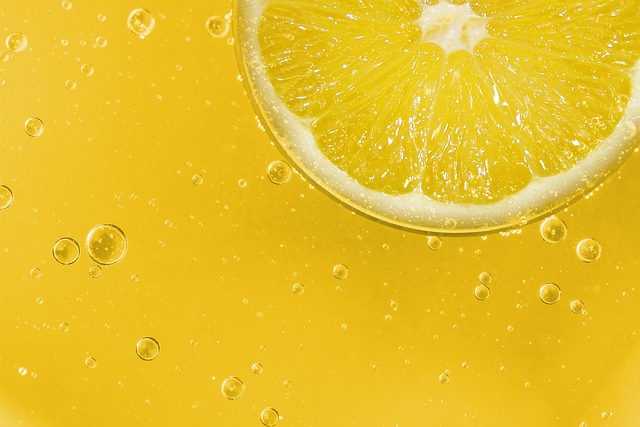Uncovering the Mystery of Probiotics: Science Behind It All
Probiotics have been around for quite some time now, but it is only in recent years that they have gained significant attention from the mass market. Probiotics are beneficial bacteria that can help the human body in a multitude of ways, from improving digestion to boosting the immune system. In this blog post, we will explore the science behind probiotics and the benefits they offer.
What Are Probiotics?
Probiotics are live microorganisms that reside in our digestive tract. They are similar to the good bacteria naturally found in the human body and help regulate the gut environment. Probiotics can be found in various foods such as yogurt, kefir, and sauerkraut. They can also be taken as supplements in the form of capsules, powders, or tablets.
How Do Probiotics Work?
Probiotics work by colonizing the gut with beneficial bacteria that help improve digestion and boost the immune system. They also help prevent harmful bacteria from taking hold, leading to infections and illness. Probiotics produce acids that help lower the pH level in the digestive tract, which makes it difficult for harmful bacteria to survive.
Benefits of Probiotics
There are several benefits of probiotics that make them a popular choice for maintaining gut health. Some of the most significant benefits include:
- Improved Digestion: Probiotics help break down food and regulate the gut environment, which can reduce digestive issues such as bloating, constipation, and diarrhea.
- Boosted Immune System: A significant portion of the immune system resides in the gut, and probiotics can help strengthen it by increasing the number of good bacteria.
- Reduced Inflammation: Probiotics can help reduce inflammation in the body, which can lead to various health problems such as arthritis, diabetes, and heart disease.
- Improved Mental Health: There is growing evidence that suggests a link between gut health and mental health. Probiotics may help reduce anxiety and depression symptoms in some people.
- Reduced Risk of Illness: Probiotics can help prevent infections such as UTIs, yeast infections, and bacterial vaginosis by maintaining a healthy balance of bacteria in the gut.
Types of Probiotics
There are several types of probiotics, each with its unique benefits. Some of the most common types include:
- Lactobacillus: This probiotic is found in the small intestine and the vagina and can help prevent UTIs and bacterial vaginosis.
- Bifidobacterium: This probiotic is found in the large intestine and can help improve digestive health and reduce inflammation.
- Saccharomyces boulardii: This probiotic is a yeast that can help reduce diarrhea caused by antibiotics and other gastrointestinal issues.
- Streptococcus thermophilus: This probiotic can help prevent lactose intolerance by breaking down lactose in the digestive tract.
- Bacillus coagulans: This probiotic is heat resistant and can survive high temperatures, making it useful in foods such as baked goods.
Should You Take Probiotic Supplements?
While probiotics can be found in various foods, some people may require additional supplements to boost their gut health. People with digestive issues such as IBS or Crohn’s disease may benefit from probiotic supplements. People who take antibiotics also often take probiotics to prevent diarrhea caused by antibiotics. However, it is always best to consult with a healthcare professional before taking any supplements.
Conclusion
Probiotics offer a multitude of benefits that can help maintain gut health and improve overall well-being. There are various types of probiotics, and they can be found in several foods or taken as supplements. While probiotics are generally safe, it is always best to consult with a healthcare professional before taking any new supplements.







